The world had 16.2 million green jobs by the end of 2023. A historic high, the number was 18% up from 13.7 million in 2022. As per the Renewable Energy and Jobs – Annual Review 2024 by the International Renewable Energy Agency and the International Labour Organization, this leap mirrors the global momentum towards clean energy. From solar PV to wind, hydropower, and hydrogen, this green surge is not just a climate imperative but an employment revolution.
India, with 1.02 million green jobs already, stands among the global top five. We are just getting started. Over the past decade, India has rapidly expanded solar, wind, and storage capacity, positioning the country for strong renewable growth through 2030 and beyond.
At a time when sustainability is a necessity, green collar careers are emerging as the bedrock of a new economic and environmental order. No longer niche, these roles are essential to India’s transformation into a resilient, net-zero economy, to meet a clear vision for Viksit Bharat by 2047 and ambitious clean energy targets for 2030. The shift is already underway. Human resource managers are proactively seeking talent that can drive the green transition and add consistent, long-term value.
Globally, more than 800 million jobs, which is one in every four, are highly vulnerable to climate extremes and the economic transition to net zero, according to a report from the Deloitte Centre for Sustainable Progress. In India, where over 40% of the workforce is employed in climate-sensitive sectors such as agriculture, construction, and manufacturing, the shift presents both a challenge and an opportunity. With rapid decarbonisation and the right policy measures, the world could generate over 300 million new green jobs by 2050, with India contributing 74 million.
Green skills are the new infrastructure
A climate-resilient economy depends on a skilled, future-ready workforce capable of leading the shift. Sectors like energy, manufacturing, construction, and transport are being redefined. Green collar careers now go beyond engineers and plant operators to encompass a wide spectrum of professionals, from data scientists developing AI-powered grid models and fibre-optic technicians enabling smart digital transmission, to environmental analysts designing sustainable infrastructure.
Technical knowledge must now be paired with systems thinking, environmental literacy, digital fluency, and cross-disciplinary collaboration. Digital twin technology, predictive diagnostics, and smart grid systems demand that professionals have both climate consciousness and operational expertise.
Engineering curricula should add practical modules on renewable energy production, grid integration, energy storage, green hydrogen, project financing, EHS, and policy basics. Colleges should run structured awareness and career-counselling programmes mapping roles across the renewable value chain, linking students to internships, apprenticeships, and site visits to operational plants in partnership with leading renewable energy firms for real-world exposure.
Equally important is forging collaborations with technology providers, academic institutions, and community skilling centres for capacity building and access to relevant technologies and hands-on experience, developing a workforce that understands conductors, carbon, controls, and communities.
Green growth is only possible with people who know how to decarbonise, digitise, and reimagine the future. This makes it vital for employers to invest in reskilling, apprenticeships, and lifelong learning, especially in rural and underserved communities.
Studies, including one by Deloitte, show that 80% of the skills required for green collar jobs already exist in India’s current workforce. With the right upskilling, these capabilities can be unlocked to help millions shift into meaningful, future-ready careers.
India has already begun laying the groundwork for this future. In 2015, it launched the Skill Council for Green Jobs (SCGJ) under its National Skill Development Mission. To accelerate progress, India must now prioritise three key areas: strengthening labour market information systems to track green job trends and identify skill gaps; enhancing both formal education and lifelong learning to prepare the workforce for a green economy; and ensuring a just, inclusive transition by identifying vulnerable groups and implementing targeted policies that leave no one behind.
The surge to 16.2 million global green jobs is not just a statistic but a signal. The future of work is not only digital, but also decarbonised, inclusive, and mission-driven. Every aspiring professional, policymaker, and business leader must know that the green economy is no longer in the future but already here. It’s time to skill up, step forward, and build a sustainable India, where prosperity and environment go hand in hand.
The views and opinions expressed in this article are the author’s own, and do not necessarily reflect those held by pv magazine.
This content is protected by copyright and may not be reused. If you want to cooperate with us and would like to reuse some of our content, please contact: editors@pv-magazine.com.

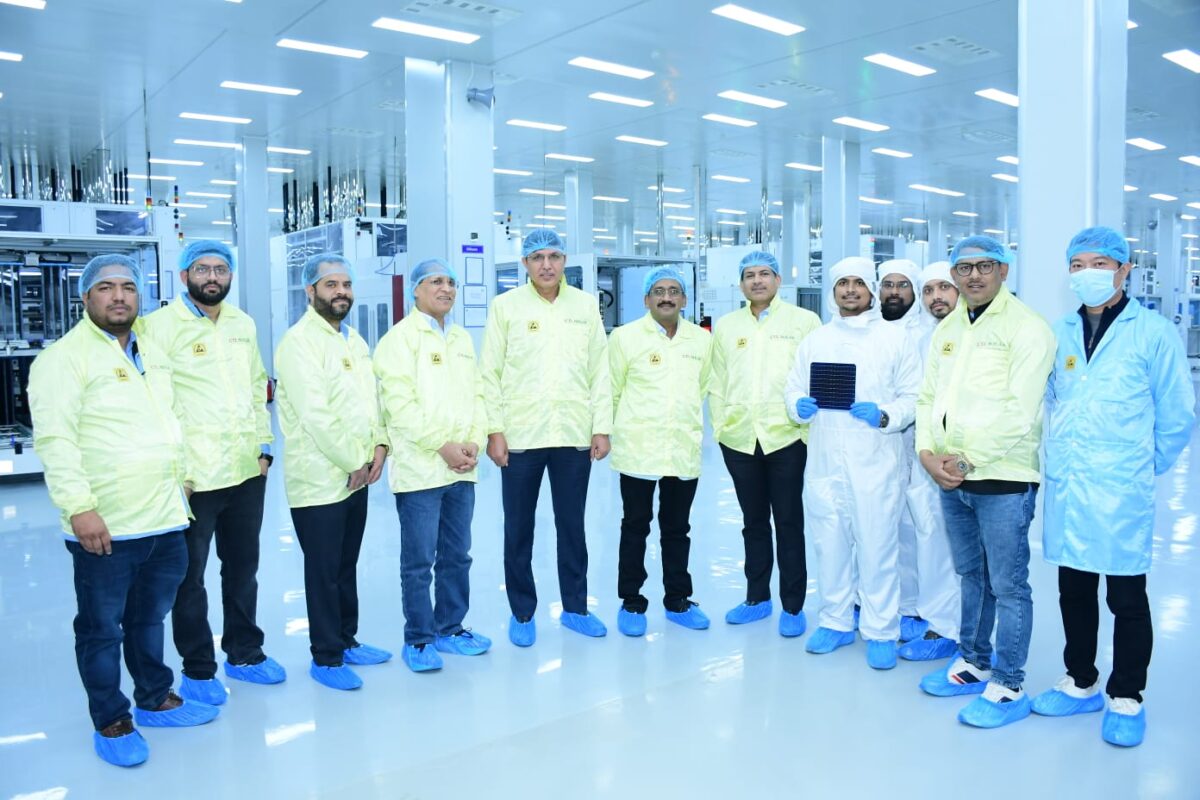

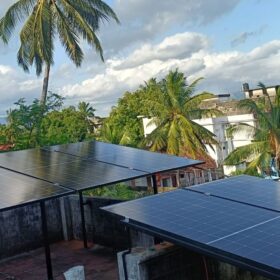
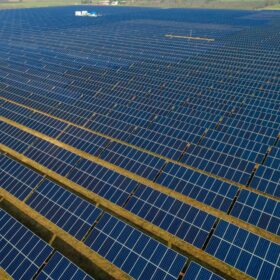
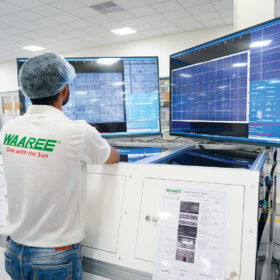

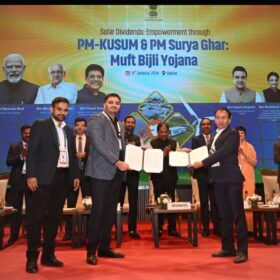
1 comment
By submitting this form you agree to pv magazine using your data for the purposes of publishing your comment.
Your personal data will only be disclosed or otherwise transmitted to third parties for the purposes of spam filtering or if this is necessary for technical maintenance of the website. Any other transfer to third parties will not take place unless this is justified on the basis of applicable data protection regulations or if pv magazine is legally obliged to do so.
You may revoke this consent at any time with effect for the future, in which case your personal data will be deleted immediately. Otherwise, your data will be deleted if pv magazine has processed your request or the purpose of data storage is fulfilled.
Further information on data privacy can be found in our Data Protection Policy.